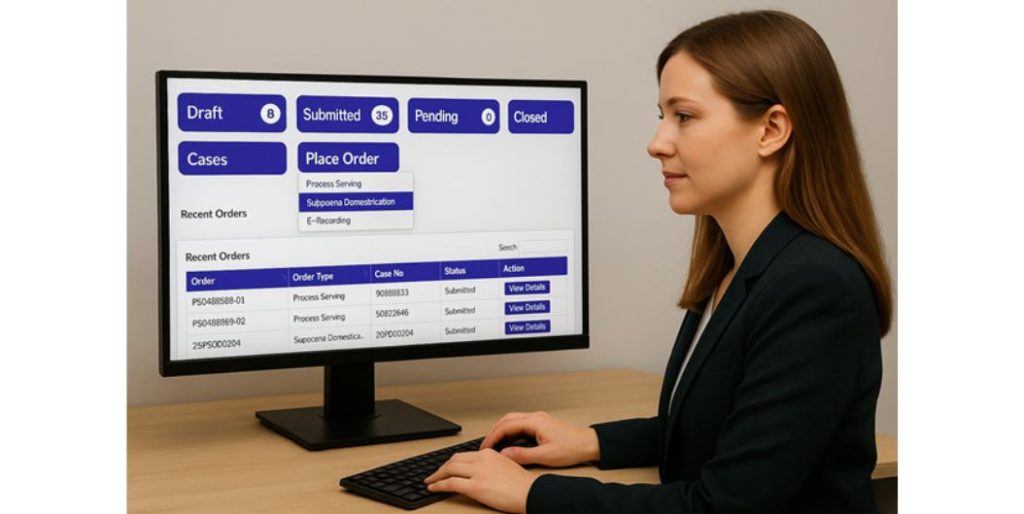Serving a Delaware subpoena in California requires more than just mailing it to a California resident or business. Under California law, you must first domesticate the subpoena through a Superior Court. This article explains how to do it the right way using the Uniform Interstate Depositions and Discovery Act (UIDDA).

Countrywide Process
May 15, 2025
If you have a case pending in Delaware but need discovery from someone located in California, you cannot simply serve a Delaware subpoena in California. That subpoena holds no legal power across state lines unless it is properly domesticated—reissued through a California Superior Court.
Luckily, both Delaware and California have adopted the Uniform Interstate Depositions and Discovery Act (UIDDA), which simplifies and standardizes the subpoena domestication process for civil cases.
Here’s how to transform your Delaware subpoena into a valid, enforceable California subpoena:
You’ll need to assemble the following:
Make sure the California subpoena is filled out but not signed. The court clerk will issue it once the application is accepted.
File the documents in the Superior Court of the county where the person or entity is located in California.
Under UIDDA, no motion, hearing, or California attorney is required. However, filing procedures differ by county—some permit eFiling, while others require in-person or wet-signed submissions. Always check local court rules.
The current filing fee for an Application for Discovery Subpoena (SUBP-030) in California is $45.00, under Government Code § 70626(b)(5). Additional fees may apply if certified copies or special processing are needed.
After the subpoena is officially issued by the California court, it must be served in compliance with California law:
You may need to domesticate a Delaware subpoena in California when:
At Countrywide Process, we simplify the subpoena domestication process from start to finish:
Use our Platform to submit your Subpoena Domestication Order or call us at (888) 962-9696 to begin the process today.
No. California requires all out-of-state subpoenas to be domesticated under UIDDA.
No. The UIDDA process allows for out-of-state parties to file without local counsel.
Usually within 1–3 business days, depending on the county’s processing speed.
Yes. Just clearly describe the scope of electronically stored information (ESI) in your subpoena.
No. UIDDA applies only to civil cases. Criminal subpoenas require a different process.